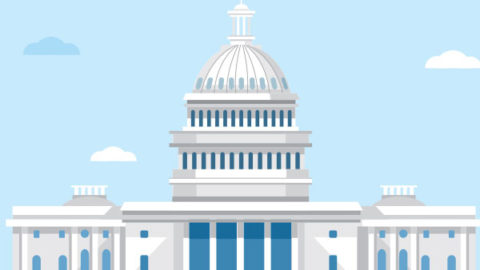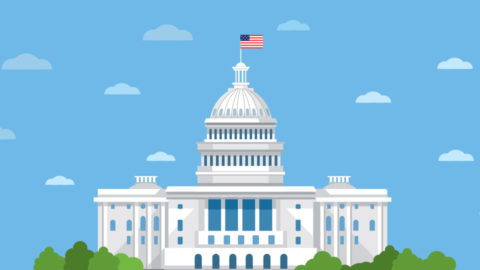Innovate Blog
How Primary Care Providers Can Improve Depression Screening
Depression screening is an essential tool for primary care providers to better understand and meet their patients’ needs.

4 Ways Employers Can Boost Vaccine Acceptance and Uptake
Employers have a critical role to play in helping end the COVID-19 pandemic by encouraging vaccine acceptance and uptake among their employees.

Patient Experience and Telehealth During COVID-19: Investigating Key Success Factors and Obstacles
Telehealth holds great promise for improving primary care through increasing access, improving patient experience and enabling team-based care models.

Democrats Gamble on Two Budget Reconciliation Bills
Faced with Republican resistance on the size and scope of their proposed COVID-19 response legislation, the $1.9 trillion American Rescue Act, Capitol Hill Democrats are attempting to do something no Congress has succeeded in doing since 2006 – pass two budget reconciliation bills in a single year.

2021 Health Policy Priorities: Bipartisanship the Only Path to Success
There is a real window for bipartisan support on legislation focused on reducing health care costs and improving quality.

Addressing Social Determinants of Health Essential to Reining in Health Care Costs
Health care’s exorbitant costs can never be controlled without fundamentally shifting society’s focus toward the underlying social and economic conditions.

5 Health Care Provisions in the COVID Relief Bill Impacting Employers and Families
Over the weekend, congressional negotiators reached a deal on a more than $900 billion COVID-19 relief package. This legislation will be tied to a year-end government funding bill. Among the many provisions in the bill are several of particular interest for employers and health care purchasers.

The New Political Landscape: 3 Opportunities for Employers to Shape Health Policy
The outcome of the presidential race has ended with Joe Biden the new President-elect, and the potential of a split Congress. The new political landscape has significant implications for large employers and health care purchasers, PBGH policy experts explained in a members-only webinar the morning after the election, Nov. 4.

The Current State of Mental Health Screening and Access in California: Results from 35,000 Patients
Mental health concerns are increasingly common, yet many patients in California are not screened for symptoms and are unable to access treatment.

Is Shorter Better When it Comes to Collecting Patient Feedback?
Patient experience is an important quality indictor, both for provider organizations and patients. The benefits to patients include better disease management, quality of life, treatment adherence, outcomes and preventive care.
